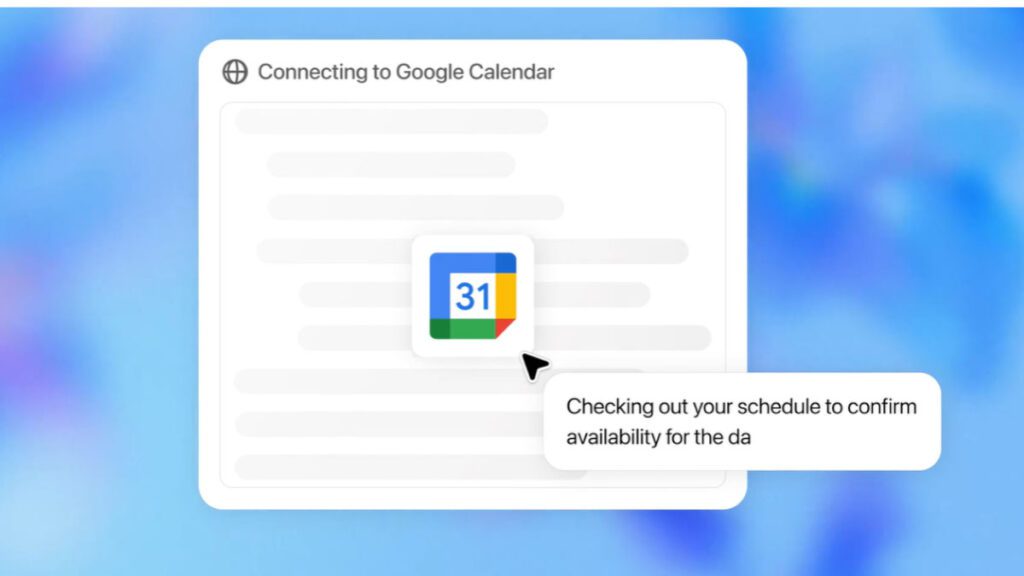OpenAI has officially introduced a powerful new capability in its ChatGPT platform: AI Agents — intelligent digital assistants that can autonomously plan and complete complex tasks using a toolbox of skills. This shift marks a major leap in AI usability, moving ChatGPT beyond simple conversation and into the realm of real-world action.
What Are ChatGPT Agents?
ChatGPT Agents are enhanced versions of the ChatGPT experience, designed to think, plan, and act independently to help users accomplish multi-step tasks. Instead of just answering questions, the agent evaluates the request, determines what steps are needed, chooses the right tools, and carries out the actions — often with minimal user input.
For example, a user could say:
“Find the best travel itinerary to Mombasa this weekend, book a hotel near the beach, and summarize local activities.”
A ChatGPT Agent can browse the internet, compare prices, read reviews, analyze logistics, and even fill forms to make bookings — all within one session.
Tools Behind the Agent
These agents aren’t just “smarter.” They’re equipped with real tools, which allow them to execute tasks across domains, including:
- Web Browsing – For up-to-date research, bookings, and public data gathering.
- Code Interpreter (Python) – To analyze files, crunch numbers, generate charts, or convert formats.
- File Tools – To read and interpret PDFs, Excel files, and other document types.
- APIs & Plug-ins – Integration with services like Zapier, Google Workspace, and more.
By intelligently combining these tools, the AI can carry out actions that previously required multiple apps, assistants, or hours of manual work.
Who Has Access?
The ChatGPT Agent feature is rolling out gradually and is currently available to ChatGPT Plus and ChatGPT Pro subscribers who are using the GPT-4o or GPT-4.5 models with tools enabled.
Users can enable memory, which allows the AI to remember preferences, past instructions, or ongoing projects — making it a true digital assistant.
How It’s Changing Productivity
The arrival of ChatGPT Agents represents a broader trend in AI: delegating tasks, not just searching for answers.
Use cases include:
- News publishing: Researching stories, gathering data, generating article drafts, and sourcing multimedia.
- Business operations: Automating market analysis, generating reports, or scraping web data.
- Personal tasks: Planning events, managing budgets, booking appointments, or curating gift ideas.
- Education & research: Synthesizing academic papers, annotating findings, or comparing datasets.
As these agents evolve, they are expected to integrate deeper into user workflows, connecting to calendars, emails, and internal databases securely.
A Step Toward Autonomous Digital Assistants
OpenAI has not only launched agents for casual use but is also testing custom agents — AI assistants with personalized skills and memories that can be built and shared, much like apps. This means users could create a dedicated “Financial Advisor Agent” or a “Legal Research Agent” tailored to their needs.
Privacy and Control Still Central
Despite the autonomy, ChatGPT Agents don’t act recklessly. Users retain control over sensitive actions, and the agent prompts for confirmation before taking major steps. OpenAI maintains that all actions adhere to its privacy and safety policies, and users can manage what the AI remembers or forgets

